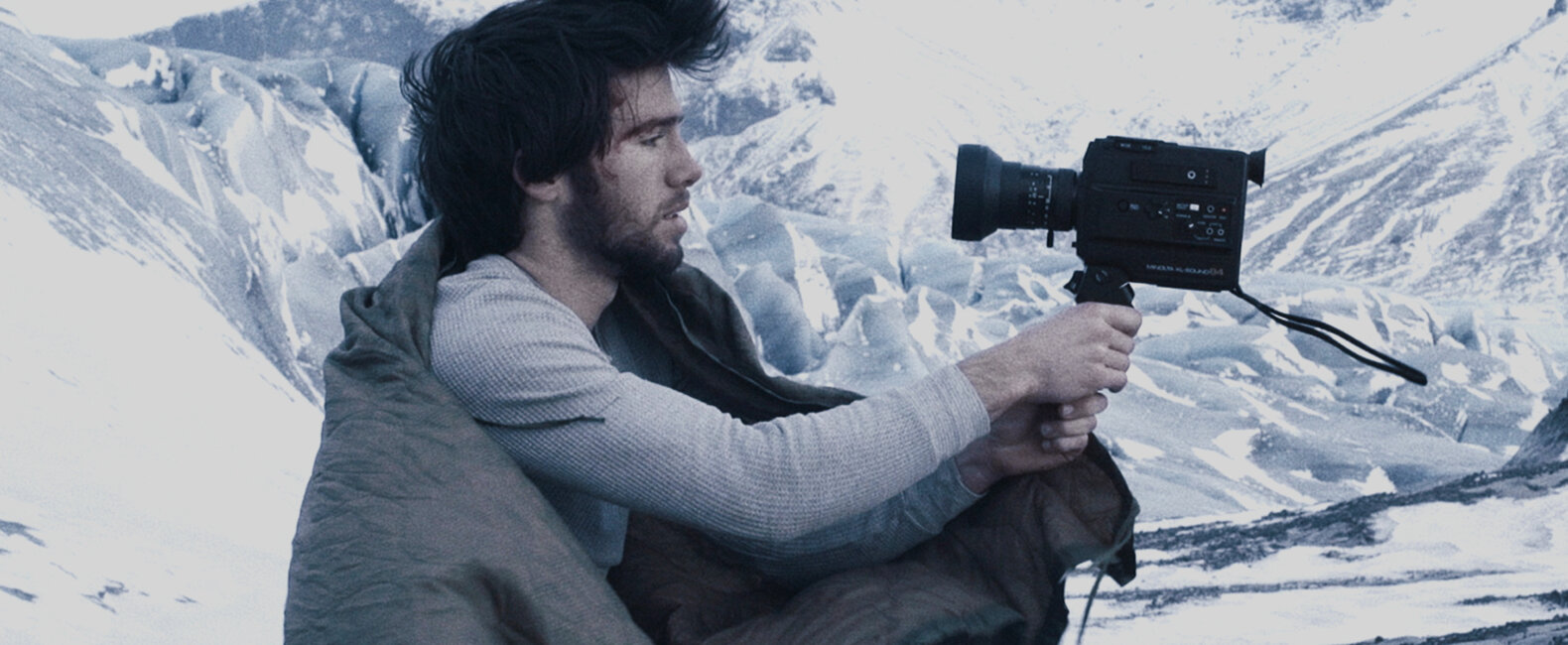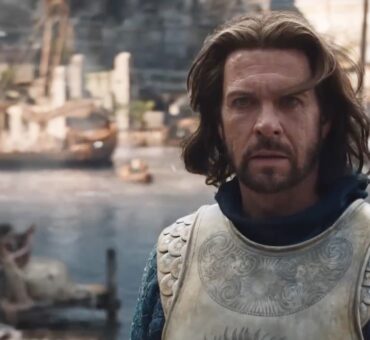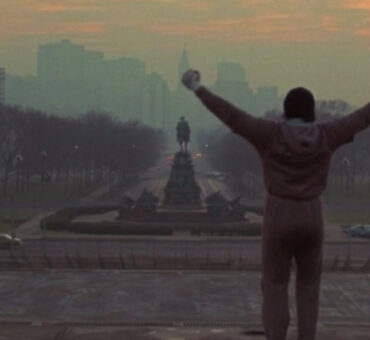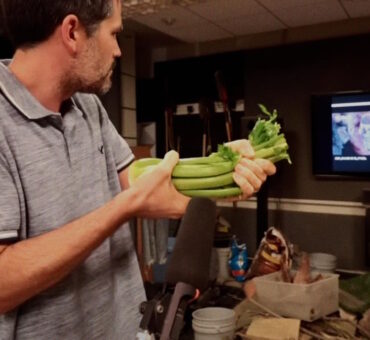SKÜMASKOT is a film about loss set in a frozen psychological wasteland. The environment is the antagonist. Man versus nature representing man versus human nature: the main character is at odds with himself. To bring these empty, violent places to life, filmmaker Jared Knecht and actor Madison Hatch flew to Iceland, where they subjected themselves to some of the most brutal conditions on earth. “We literally got saved by the search and rescue crew during a blizzard one night,” Jared told us.
But these risks paid off. The footage Jared captured immediately caught the attention of composer Luke Atencio, who signed on before he knew what the film was about. “I couldn’t get my hands on it soon enough,” Luke says. “I didn’t even know the story yet, but I could tell from the footage that it was going to be special.”
Over the following year, Jared and Luke traded emails, files, and rough cuts until the film found its final form mere hours before its premiere. The result is a powerful collaboration of sound and picture. It transports the viewer into a physical and emotional environment where the stakes are life and death.
We recently talked with Luke and Jared about their collaboration on SKÜMASKOT.

Musicbed: How did this project come about?
Jared Knecht: It’s pretty crazy, looking back on it. The long and short of it is that I’d been working on a script for another short film for quite some time, but at the last minute one of the investors backed out and the project was canceled. The main actor from SKÜMASKOT, Madison, and I had been working on it, and we were extremely depressed about the project falling through. So we decided to do something reckless: take a trip to Iceland to make a film without really knowing what it was. We wrote the script while we were there. It’s definitely not the best way to go about things, but that’s how this project happened. It came about from Madison and me finding ourselves in a difficult time, and then taking a trip to grow together as friends. It came from the two of us just needing to create something.
Luke, when did you get involved?
Luke Atencio: It was a little over a year ago. Jared sent me screenshots of footage he’d taken in Iceland, and they were mind-blowingly beautiful. I’m a sucker for beautiful imagery. And when I see images, I hear music. So literally, when I saw those screen grabs, I started hearing the music of the film. I couldn’t get my hands on it soon enough. I didn’t even know the story yet, but I could tell from the footage that it was going to be special.
What were those first interactions like? What were you guys sending each other?
JK: A lot of Brooklyn rap and bad jokes.
LA: Yeah. The very first piece of music I sent over was this long thing I wrote, almost 20 minutes long, which ended up becoming the main theme of the film.
JK: From the beginning, we’d decided we weren’t going to use any temp tracks or musical references. We were going to use just what we made together. So I used that 20-minute track for the entire first edit. Then, as I would lock a scene, I’d send it to Luke, and he’d work on the final music and send it back to me. Our work kept influencing each other. It was very reactive.

Every film composer dislikes temp tracks because there is this subconscious marriage that happens the first time an editor or director sees their images with music.
Why no temp tracks?
LA: Every film composer dislikes temp tracks because there is this subconscious marriage that happens the first time an editor or director sees their images with music. They lose their virginity to that music, so to speak, and they will always be intertwined with it in some way. It makes it very hard for the composer because the filmmaker is already in love with something else. You feel like you’re trying to live up to it. And usually it’s something incredible, like a Hans Zimmer track. So with this project, because there were no temp tracks, that marriage could happen with the music I gave to Jared, which I was super pumped about.
JK: I’d heard that Luke doesn’t like temp tracks, and I didn’t want to tick him off. Also, because this was a passion project, we had a large amount of time. There was time for discovery. So Luke would find these amazing sounds and get super excited about them; and then I’d rush to my computer, download them, and try them out in different parts of the film to see what it felt like. We were discovering all these new things and tailoring them to the project. It was cool to watch everything keep evolving, although I think I drove Luke nuts by not locking picture and allowing him to continue composing music.
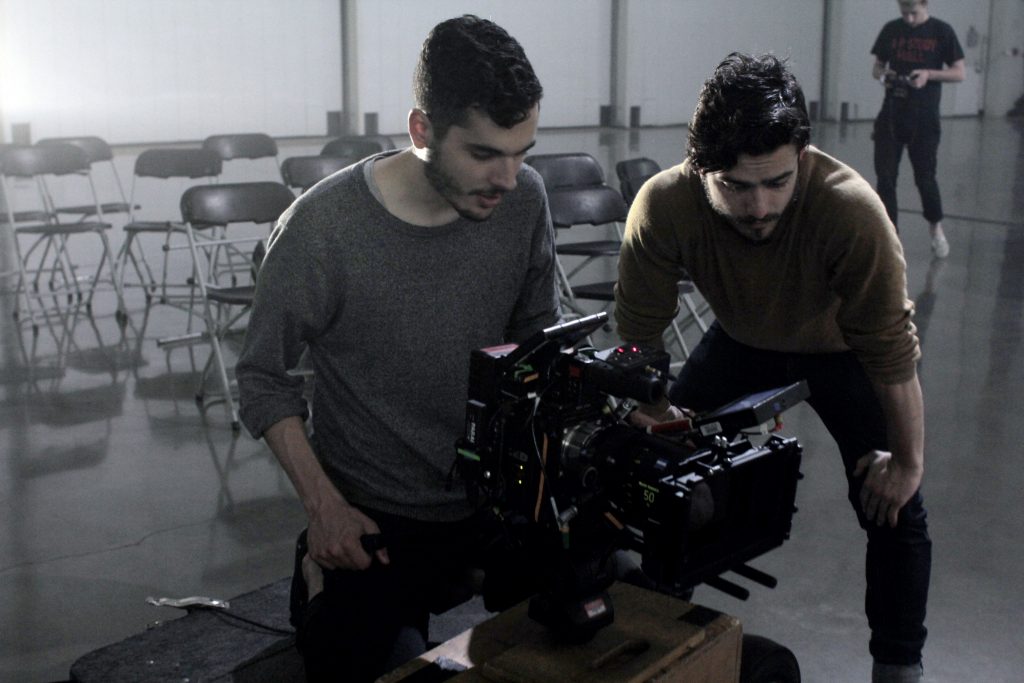
LA: They wrote the script while they were shooting, but then they rewrote it several more times during the edit. It was fine because the story ended up being awesome, but Jared was still shaping it down to the very last minute. The difficult thing music-wise was having to retime things to the new edit. A lot of the stuff I did for the film was very organic. Free time. No click. I was just reacting to the images. So when I’d get a new edit, it would take some emotional investment to go back in and retime everything.
JK: The same way he didn’t want me to get married to a temp track, I let him get married to a couple different edits. You can tell it’s still a touchy subject.
What were some of those last-minute changes?
LA: Oh, you want to hear about last-minute changes? I’ll tell you about last-minute changes. So early on we’d decided that I’d do sound design and final mix on the film as well. The idea was to blur the line between music and sound design because a lot of the sounds I used in the score had a lot of, say, wind to them. So adding sound design wind over the top of that really makes it part of the score.
Anyway, because the film kept getting rewritten and revised, the sound design wasn’t completely done by the day of the premiere. They were on the beach recording Madison screaming, and then they were at the lead actress’s house retracking a voice-over. They’re sending me these files, and I’m dropping them into the mix as fast as I can. Meanwhile, the premiere is literally two hours away.
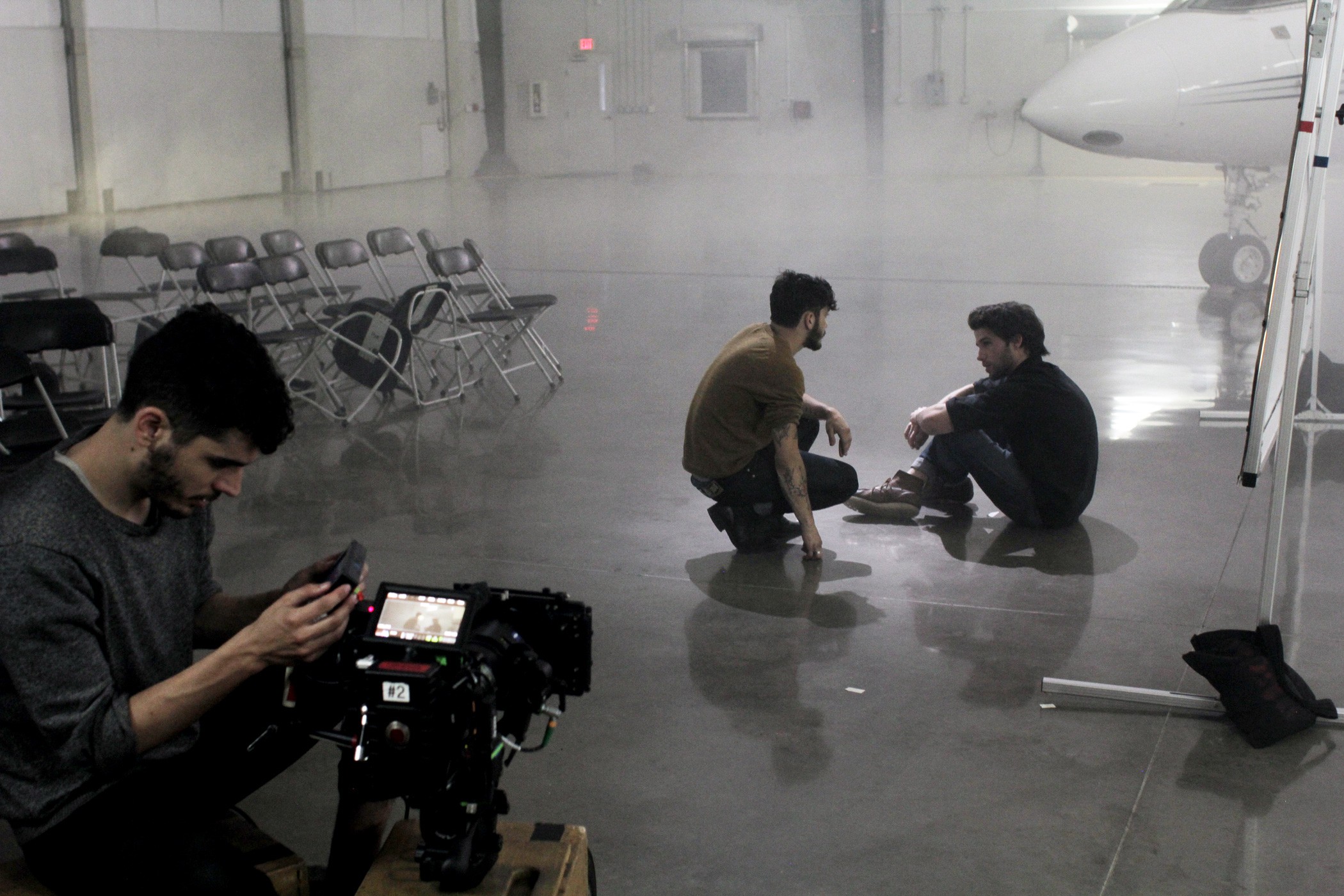
Does good work happen when you’re in a bind like that?
JK: Well, I think we had to put ourselves in that situation. We had to have a hard deadline or we never would have finished the film.
LA: I think it depends on your personality. I’m not the type of guy who pulls all-nighters anymore. I get up in the morning, work a full day, hang out with my family, and then go to bed. Some people thrive on that pressure and the energy that tight deadlines create, but I’m not one of those people. I can work that way if I have to, but it’s not my favorite.
JK: I like all-nighters. A lot of good stuff can happen at night. When you put yourself in a time crunch, you have to come up with something fast. That’s when a lot of these organic surprises happen.
LA: That’s why creating films is fun. Every time it’s different. You have to figure it out all over again when the next project comes up. You’re like, “I don’t know anything.”
JK: Yes. Every single time.
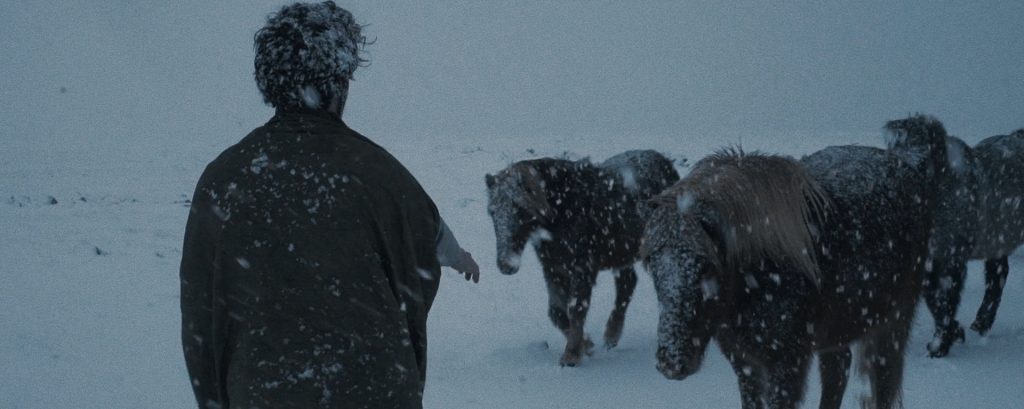
What were some lessons you learned through this project?
JK: I learned to never go camping in Iceland in the middle of winter. We literally got saved by the search and rescue crew during a blizzard one night. This guy ripped open the front of our tent and was like, “It’s time to go.” We walked out into this blizzard where you couldn’t see your hand in front of your face, and we stepped into this guy’s monster truck. The guy told us he’d found us with heat vision goggles. Just outrageous. So there are a lot of things I’d never do again. But I also wouldn’t do this project any other way. It was the season we were in. I’m thankful for the continuous struggles throughout. You grow from those things. You have to welcome opposition. The more of it you welcome, the faster you grow. Taking a risk is important.
LA: I feel lucky to be connected to Jared because I want to be connected to people who are doing things. I have tons of friends who are filmmakers, but I’m constantly waiting for them to finally do something. To go out and make a film. I love that Jared and Madison just did it. I can’t wait to see what he does next, and I hope to be a part of it. That composer-director relationship is so valuable. You develop a language. That’s why a lot of great filmmakers find a composer and stay with him. Spielberg is the obvious example. He and John Williams have their own language, and they make freaking incredible stuff. At the end of the day, it’s relational. Film is an extremely relational art form.
JK: That’s it completely. You’re only as good as the team around you. Everything else is just smoke and mirrors.
See the final product of the director/composer collaboration in the complete film below. You can listen to and license Luke Atencio’s score for SKÜMASKOT here.















































































